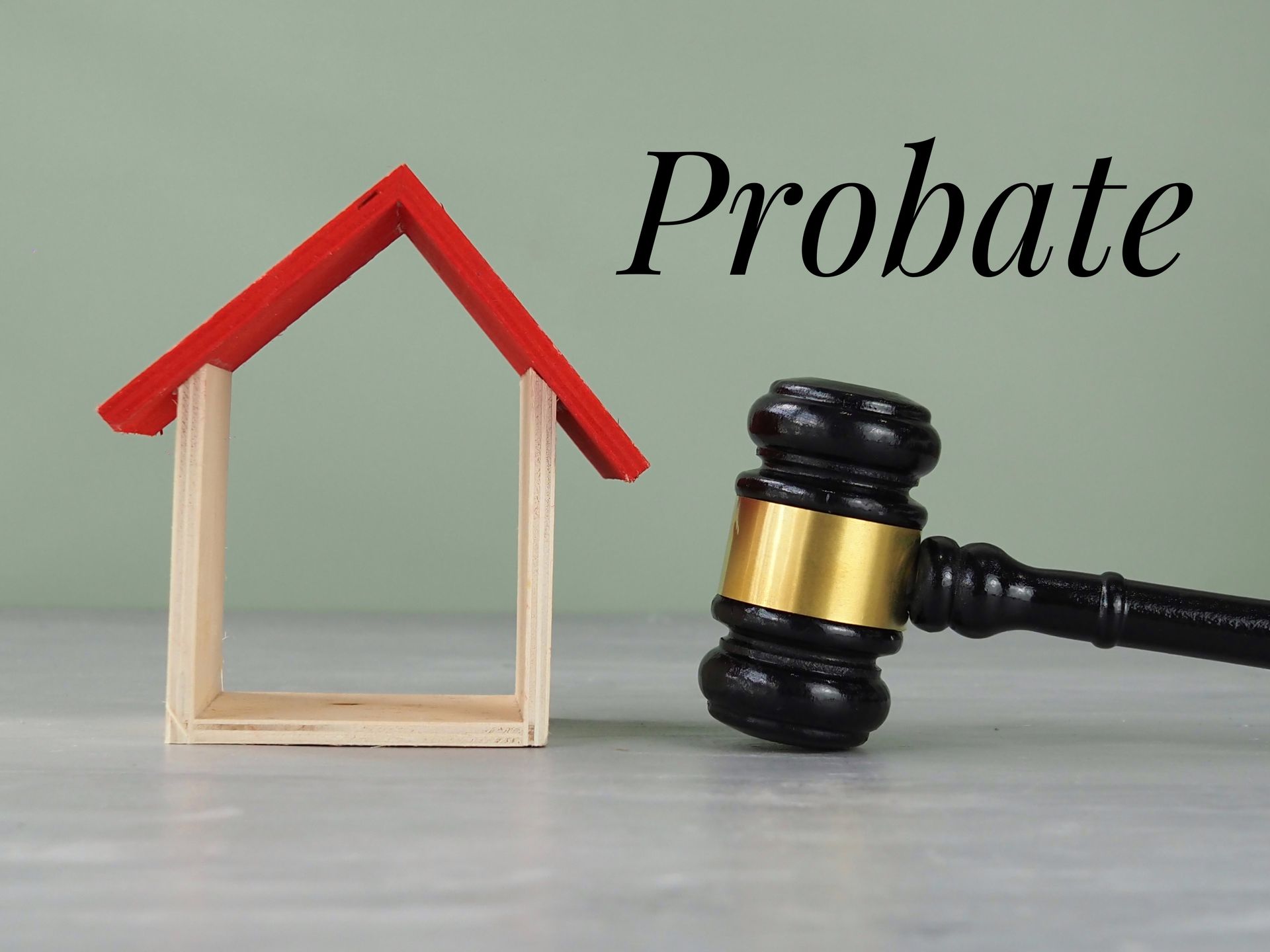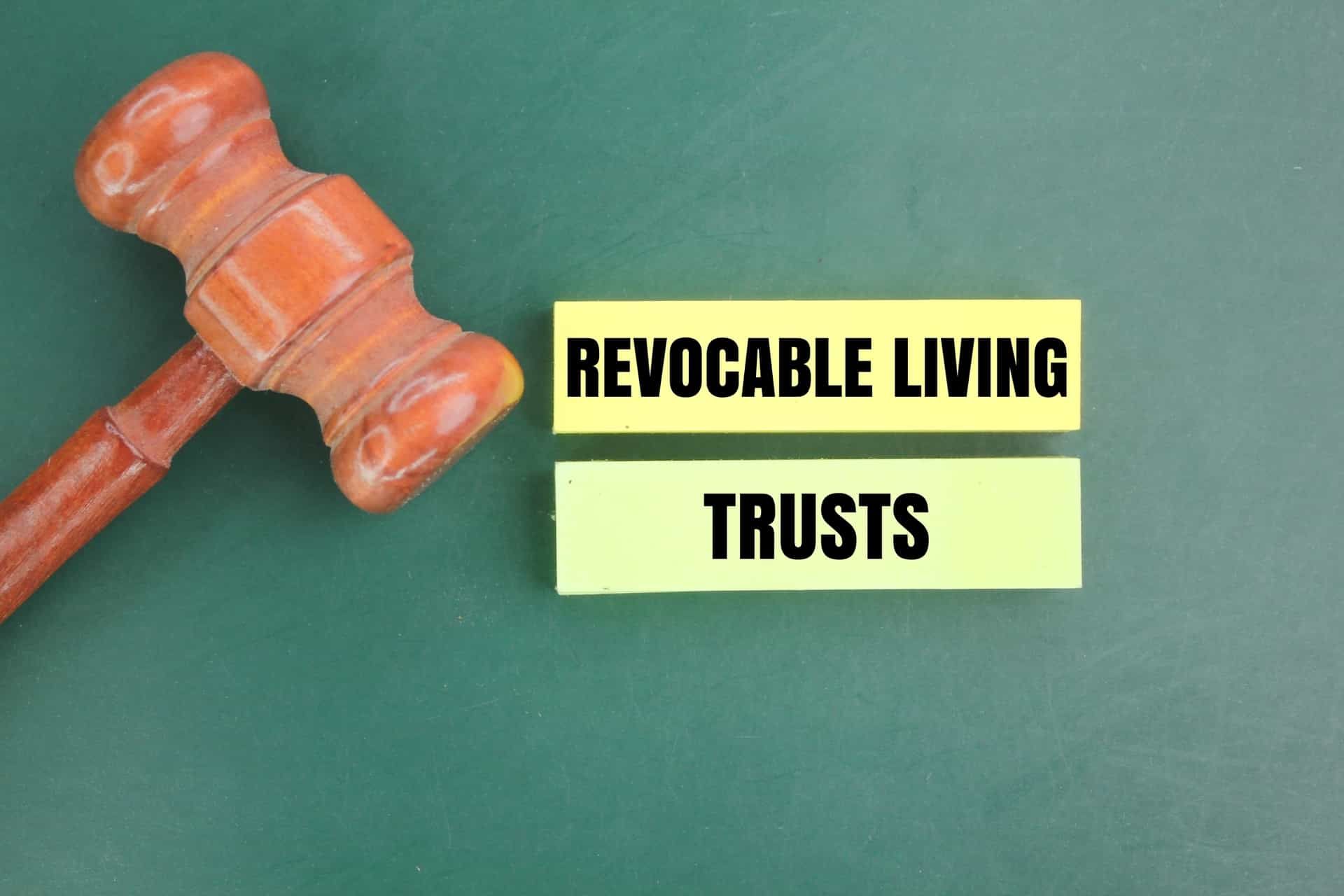How Does Guardianship Work?
Guardianship is a legal process in which a court gives someone the legal right to care for another person who cannot care for themselves. This can apply to children or adults who are unable to make decisions about their health, safety, or finances.
Guardianship is an important legal tool that protects people who need help, and it is guided by specific rules called guardianship laws. It’s important to note that guardianship laws and procedures vary by state, so always consult a local attorney for guidance.
In this blog post, we’ll explain what guardianship is, how it works, who can be a guardian, and how to get help from a guardianship law attorney. If you or a loved one is facing a situation where guardianship might be needed, this guide will help you understand the basics.
What Is Guardianship?
Guardianship is a legal process where the court names a guardian to care for someone who cannot care for themselves. The person who needs help is called a ward. The guardian makes important decisions for the ward, such as where they live, what medical care they receive, and how their money is managed.
There are different types of guardianship, which may be called different things depending on your state:
- Guardianship of the person – The guardian makes decisions about the ward’s health, living arrangements, and personal needs.
- Guardianship of the estate (or conservatorship) – The guardian manages the ward’s money, property, and financial decisions.
- Full (plenary) guardianship – The guardian makes both personal and financial decisions.
- Limited guardianship – The guardian only makes decisions in certain areas, like health or finances, as specified by the court.
When Is Guardianship Needed?
Guardianship is usually needed when:
- A child’s parents are unable to care for them due to illness, death, or other problems.
- An adult has a disability, injury, or illness (such as dementia) that makes it hard to make decisions or take care of themselves.
- A person has no power of attorney or other legal documents in place to name someone to help them.
In some cases, temporary guardianship is needed, such as during a medical emergency or while waiting for a more permanent solution.
Alternatives to guardianship—such as powers of attorney, health care proxies, or supported decision-making agreements—should be considered first, as guardianship can remove significant rights from the individual.
How the Guardianship Process Works
Guardianship laws and procedures vary by state, but the general process includes:
Step 1: Filing a Petition
The first step is filing a petition in the appropriate court. This document explains why guardianship is needed and who is asking to be the guardian. The petitioner must provide evidence that the person cannot manage their own affairs. In most states, the court requires “clear and convincing evidence” that guardianship is necessary.
Step 2: Notifying the Family
After filing, the family members and other interested parties must be notified about the petition. This gives them a chance to support or object to the guardianship. The ward (the person who may need a guardian) must also be notified and has the right to participate in the process.
Step 3: Court Investigation
The court may appoint a guardian ad litem (GAL), court investigator, or social worker to investigate. This person will meet with the ward, the proposed guardian, and others involved. They will report their findings and recommendations to the court.
Step 4: Due Process Protections
The ward has important rights, including:
- The right to receive notice of the proceedings
- The right to legal representation (sometimes a court-appointed attorney)
- The right to attend and participate in hearings
- The right to present evidence and cross-examine witnesses
Step 5: Court Hearing
At the hearing, the judge reviews all the evidence and hears from all parties. If the judge finds guardianship is necessary, a guardian will be officially appointed. Sometimes, more than one guardian is appointed—for example, one for health care and another for finances.
Step 6: Ongoing Responsibilities
Once guardianship is approved, the guardian must follow the law and the court’s orders. Guardians must act in the ward’s best interest and may be required to file regular reports with the court about the ward’s well-being and finances. Mismanagement or neglect can result in removal by the court.
Who Can Be a Guardian?
Most people can be a guardian if they are:
- Over 18 years old
- Mentally competent
- Not guilty of serious crimes
Often, a family member is chosen. If no family is available or willing, the court can appoint a professional guardian or another qualified person. Guardians must act responsibly and always put the ward’s needs first.
How Long Does Guardianship Last?
Guardianship can be temporary or permanent.
- Temporary guardianship is usually granted for a short period (often up to 60 days, depending on state law) while a parent recovers from illness or other issues, or until a permanent solution is found.
- Permanent guardianship continues until the ward dies, improves, or another guardian is appointed.
For children, guardianship often ends when they turn 18. For adults, it may end if they regain capacity and can make decisions on their own again.
How Is Guardianship Different from Adoption?
Guardianship and adoption are different. In adoption, the legal relationship between the child and birth parents ends, and a new permanent family is created. In guardianship, the parents' rights usually remain (unless specifically terminated by the court), but the guardian steps in to make decisions.
Guardianship is often more flexible and can be temporary, especially if the child may return to the parents in the future.
What Are the Responsibilities of a Guardian?
Guardians have many duties, depending on the type of guardianship. Common responsibilities include:
- Ensuring the ward has a safe place to live
- Making medical decisions
- Managing the ward’s money or property
- Keeping records and making reports to the court as required by law
- Making sure the ward’s basic needs are met
A guardianship law attorney can help guardians understand their legal responsibilities and ensure they follow all applicable rules.
Supported Decision-Making: An Alternative
Some states now recognize supported decision-making as an alternative to guardianship, especially for adults with disabilities. This allows individuals to make their own decisions with help from trusted supporters, without losing their legal rights. Ask your attorney if this is an option in your state.
How a Guardianship Law Attorney Can Help
Guardianship law can be complex and varies by state. That’s why it’s important to work with a guardianship law attorney. An attorney can:
- Help you file the right paperwork
- Represent you in court
- Explain your rights and duties
- Make sure you follow all guardianship laws
- Advise you on alternatives to guardianship
- Answer your questions if problems come up later
If you’re thinking about becoming a guardian or if someone has filed for guardianship over a loved one, talking to a guardianship law attorney is a smart step.
Can Guardianship Be Challenged?
Yes, guardianship can be challenged in court. Common reasons include:
- Belief that the guardian is not acting in the ward’s best interest
- The ward no longer needs a guardian
- A less restrictive alternative is available
The court will hold a hearing and listen to all sides before deciding what’s best. The ward or other interested parties can file a motion to modify or terminate the guardianship at any time.
Pros and Cons of Guardianship
Here are some things to consider when thinking about guardianship:
Pros:
- Legal authority to help someone who needs care
- Protection of the ward’s rights and well-being
- Support for making medical and financial decisions
Cons:
- Can be time-consuming and expensive
- Takes away some rights from the ward
- Court oversight is required
- May not be necessary if less restrictive alternatives are available
Working with a guardianship law attorney can help make the process smoother and easier to understand.
Conclusion
Guardianship is a way to protect and care for people who can’t do it alone. Whether it’s for a child without parents or an adult with a disability, guardianship provides legal tools to help. The process involves the court, paperwork, and sometimes family disagreements—but it’s all meant to make sure the ward is safe and supported.
Understanding guardianship law and having the help of a guardianship law attorney can make a big difference. If you think guardianship might be needed in your life, don’t wait to learn more or ask for guidance.
Need help with a guardianship case? Contact
Doane & Doane today for trusted legal advice and support.
Disclaimer: The information on this website and blog is for general informational purposes only and is not professional advice. We make no guarantees of accuracy or completeness. We disclaim all liability for errors, omissions, or reliance on this content. Always consult a qualified professional for specific guidance.
RECENT POSTS






